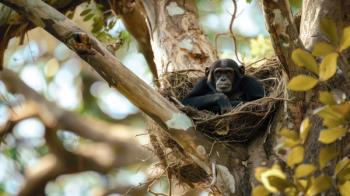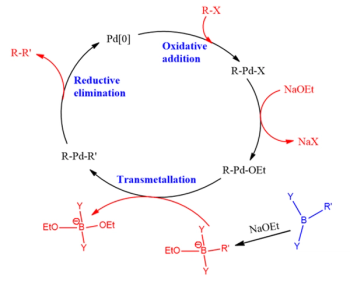
SPE and GC-ECD Pesticide Analysis in Bee Product
A research group from Aristotle University of Thessaloniki (Thesaloniki, Greece) analyzed royal jelly, an important bee product, fortified with nine pesticides.
A research group from Aristotle University of Thessaloniki (Thesaloniki, Greece) analyzed royal jelly, an important bee product, fortified with nine pesticides. They used a technique consisting of solid-phase extraction (SPE) with a C18 cartridge followed by analysis with gas chromatography with micro-electron-capture detection (GC–ECD). The analytes were four synthetic acaricides used by beekeepers along with one pyrethroid, two organochlorine, and two organophosphate insecticides. The limits of quantification were 0.003–0.005 mg/kg, and the reporting level (lowest recovery level) was 0.005 mg/kg.
Newsletter
Join the global community of analytical scientists who trust LCGC for insights on the latest techniques, trends, and expert solutions in chromatography.




